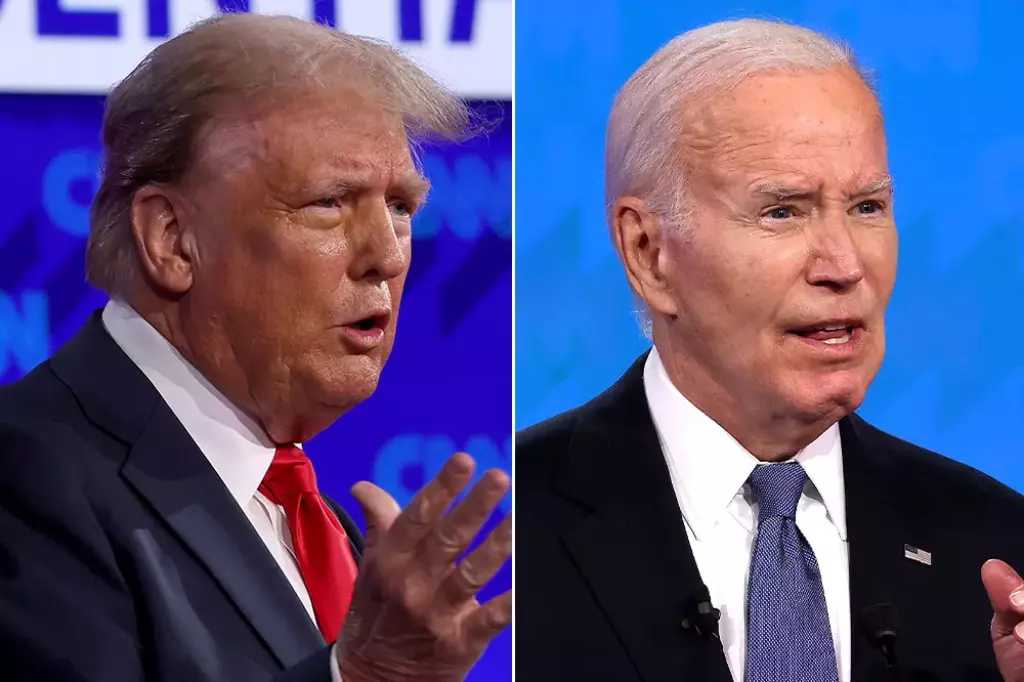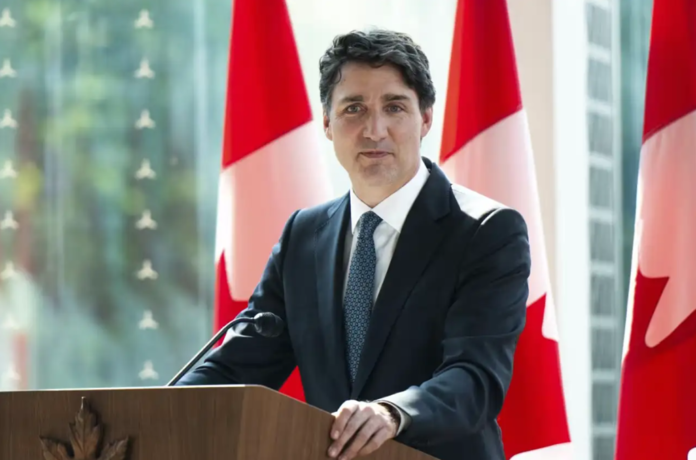This election was not a middle finger to the Liberals, whose policies remain popular in the district, but a referendum on the party’s leader, Justin Trudeau. The prime minister’s approval ratings have cratered, leaving many Liberal supporters looking for an off-ramp. Trudeau, however, has dismissed calls for new leadership. He has made it clear that he intends to shepherd the party through the next election despite his dire approval rating. It’s a fight Conservative Leader Pierre Poilievre is salivating over, having used Trudeau to chum the political waters for years, but the concerns over the party’s viability in the next election don’t seem to penetrate the PM’s office. There’s been little internal push for a change at the helm.
The Canadian situation mirrors American politics, where President Joe Biden has been dodging calls to make his presidency a single-term event. Biden is also struggling in the polls (though not as badly as Trudeau), but it’s especially worrying that he trails Trump in key swing states that will decide the outcome in the electoral college. Biden’s age has been a growing concern — underscored by a miserable debate performance on June 27 which panicked his supporters. As the years tick by and the “senior moments” mount, more focus is drawn to the Vice President, Kamala Harris, who had even lower favourability numbers than Biden prior to the debate.

Earlier this year, the president stated, “I’m well-meaning, and I’m an elderly man, and I know what the hell I’m doing.” He was responding to a report from the Department of Justice that called his mental acuity into question — but anyone who’s had to tell their elderly father it’s time to stop driving has heard that line before. Biden could and should step aside, allowing a new candidate to emerge at the 2024 Democratic National Convention. Such an about-face would be massive news, pumping energy into the party base and drawing phenomenal media attention. They might still lose to Trump, but as former president Bill Clinton often notes, even if you don’t succeed, Americans want to catch you trying.
What drives someone savvy enough to gain this level of power and influence to hoard it this way? Potentates who insulate themselves from objective wisdom are often doomed to a terrible outcome, but the strength of democracies is supposedly demonstrated by avoiding these very situations. To bypass the unforced errors that hamstring autocrats and authoritarians who purge dissenters and surround themselves with sycophants — cronies who lick them up and down — telling them how special they are for invading Ukraine or buying Twitter.
As the US election draws near, political commentators are increasingly adopting the presidential moniker “Ruth Bader Biden” as a reminder that the unpredictabilities of life caution pragmatism. For years, Supreme Court Justice Ruth Bader Ginsburg refused to heed advice to vacate her post during Obama’s presidency. Perhaps she failed to appreciate the likelihood of a Trump presidency. Perchance she felt a duty to protect Roe, the landmark case that she worried rested on shaky ground. Maybe it was hubris — she was human after all. Regardless of her intent, when she passed away in 2020 at the age of 87, that protection died with her.
In contrast, on Jan. 19, 2023, New Zealand’s Prime Minister Jacinda Ardern announced that she would not seek re-election, claiming that she didn’t have “enough in the tank” to continue leading the nation. The reality is more nuanced. She departed as an international icon, but had become a national “lightning rod” for the grievance politics so ubiquitous in Western democracies as of late. Doubtless she retained many supporters, but she understood that leaders don’t just embrace their victories; they also shoulder the weight of failure — real or perceived.
It’s a dangerous thing to drink your own Kool-Aid: to believe your own hype and adopt the “I alone can fix it” mentality. It’s a sign of good judgement to push back from the table before that third round of cheesecake, and good leaders know when it’s time to gracefully take a bow and let the next in line take their shot — especially when their command is a liability. The decision of both Trudeau and Biden to roll the dice by seeking re-election is risky. But they’re not gambling with their own money. They’re playing with policies and protections that got them elected in the first place. They should cash out before they crap out.
Long ago, when DeLoreans roamed the earth, Brad was born. In accordance with the times, he was raised in the wild every afternoon and weekend until dusk, never becoming so feral that he neglected to rewind his VHS rentals. His historical focus has assured him that civilization peaked with The Simpsons in the mid 90s. When not disappointing his parents, Brad spends his time with his dogs, regretting he didn’t learn typing in high school.


